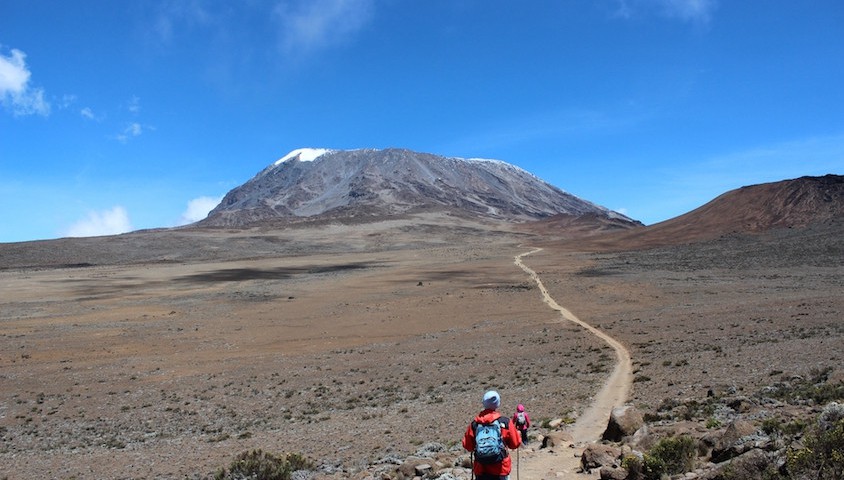The group of researchers and their study participants plans to climb Mount Kilimanjaro this August in a bid to observe the effects of altitude and its influences on pulmonary hypertension and heart failure.

Professor Norm Morris, a physiologist from Griffith University is one of the researchers joining the Heartclimb expedition.
The Heartclimb expedition, which is joined by Griffith University‘s Professor Norm Morris, includes between 20 to 26 healthy climbers, all of whom are over 60 years of age. They will be observed at multiple stages as they climb from the base camp at Mount Kilimanjaro, all the way to the summit (5895 metres).
“During an ascent, there is an increased drive to breathe that is very similar to what is observed in pulmonary hypertension and heart failure. This increased drive to breathe is related to disease severity and we believe that having a better understanding of this will help us diagnose and manage this disease better in the long term,” said Professor Morris.
Pulmonary hypertension describes a state of increased pressure in the blood travelling between the heart and the lungs. Symptoms include a decrease in exercise tolerance and shortness of breath even during periods of mild exertion.
The group is being organised by Professor Bruce Johnson from the Mayo Clinic, Rochester, Minnesota and will be led by experienced mountaineers, including famous US alpinist, Conrad Anker. However, not everyone in the group will have a large amount of mountain climbing experience, says Professor Morris.
“I wouldn’t call myself a seasoned adventurer. My daughter and I did the Overland Track last year and I continue to ride and exercise regularly,” he said.
“Some of the study participants may be more experienced, but the key point is they’re all a little older in general.”
Using a sample of people over the age of 60 is useful for the researchers because, as Professor Morris explains, “the biggest risk factor for heart failure is age”.
“While the participants may not show any signs of heart problems going into the walk, they may begin exhibiting some signs along the way and this will provide useful data on the influence of altitude for cardiovascular issues.
“We will also study the influence of taking a supplement Ribose (which may influence energy metabolism) on the effects of altitude sickness.”
For the same reasons, the participants are all acclimated for altitudes close to sea level, and they will be closely monitored with time to adjust throughout the ascent.
The research may also reveal insights for other ageing adventurers seeking to undertake similar expeditions in later life, which is a growing trend among nations with an increasing number of affluent retirees.
“This kind of expedition science, for want of a better term, is quite novel. We used to see more of these kind of experiments in the first half of the 20th Century, but it’s certainly less common today. Kilimanjaro’s the perfect place to undertake such an initiative in a safe and controlled way.”


